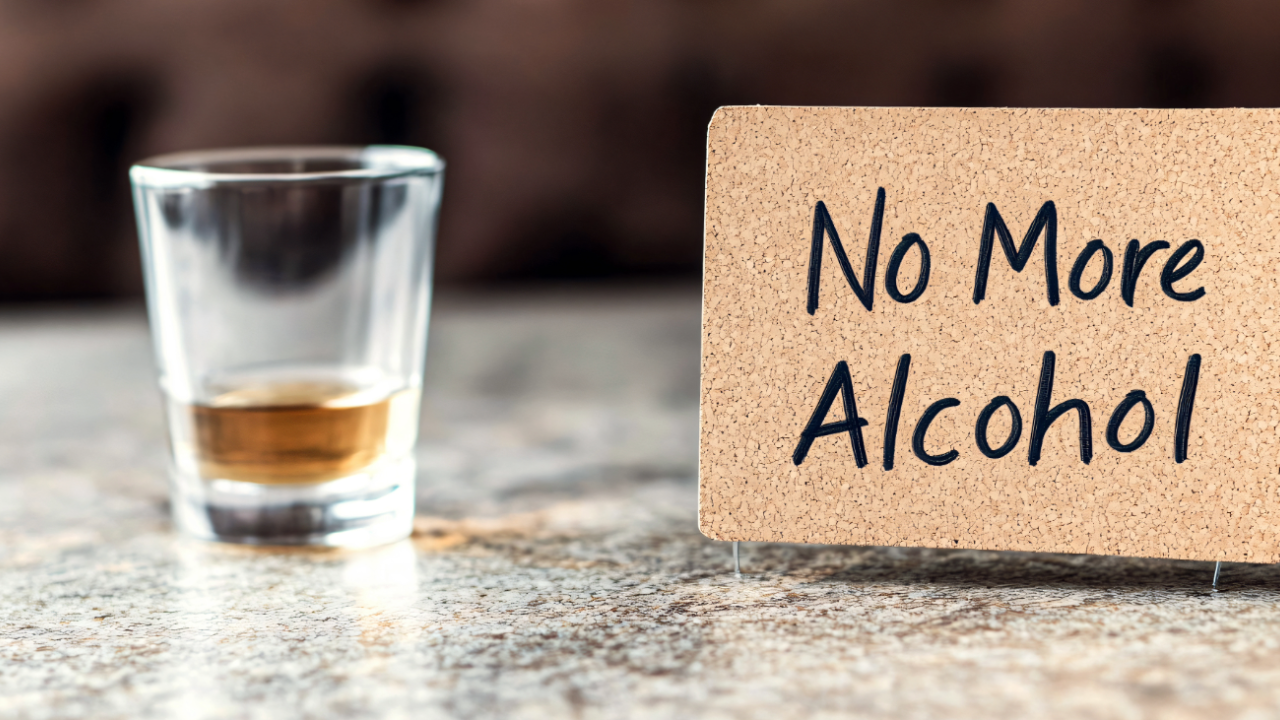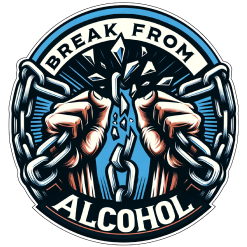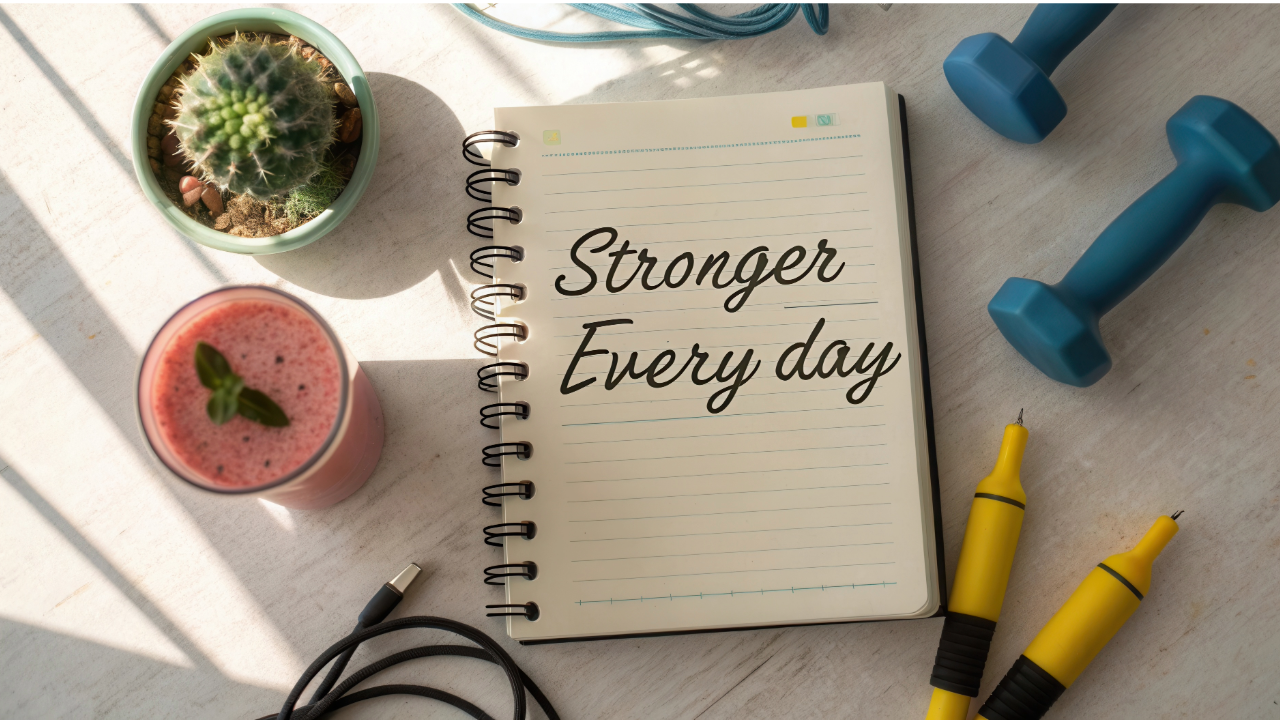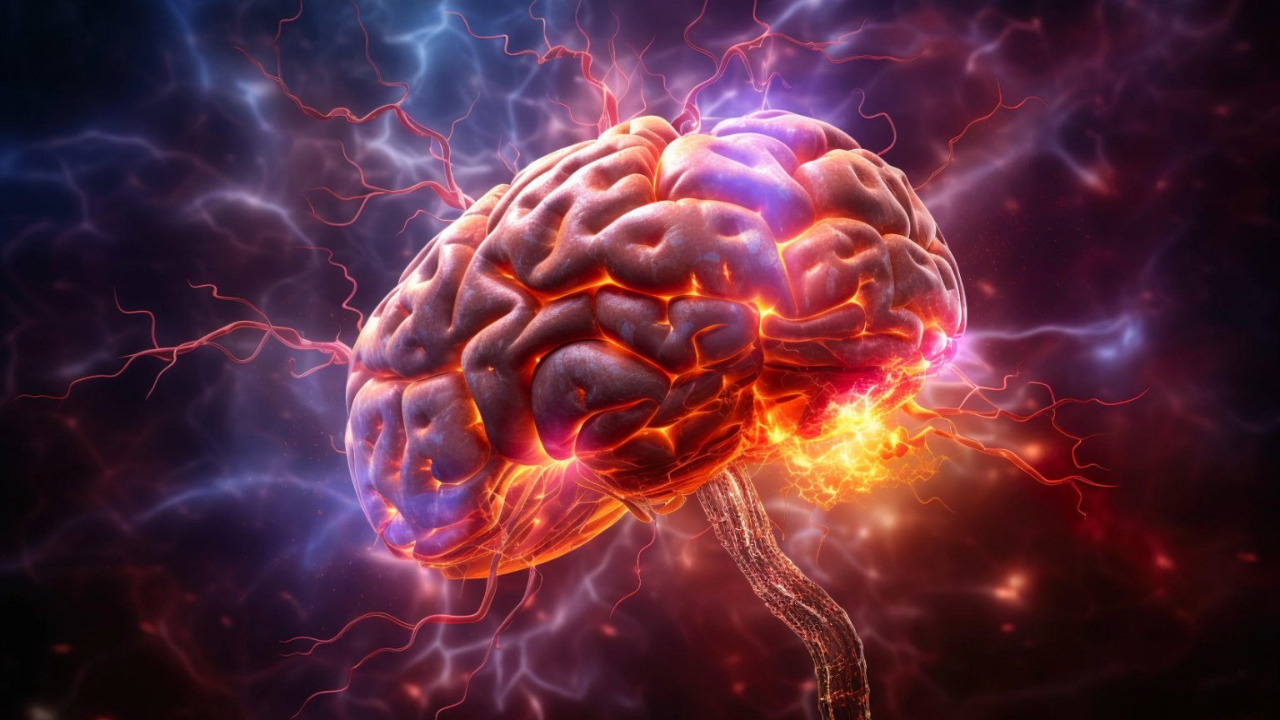What to Expect During the First 30 Days of Taking a Break from Alcohol
Apr 21, 2025
The First Step Forward
When you decide to take a break from alcohol, the first 30 days can feel like stepping into the unknown. It’s exciting, but it can also be intimidating. You may wonder: How will I feel? Will it be hard? Will it be worth it?
The truth is, those first 30 days are where the magic begins. It’s a period of adjustment, discovery, and most importantly transformation. While it’s not always a straight path, the progress you’ll make during this time will lay the foundation for lasting change.
This post will take you through what to expect in the first 30 days of your alcohol-free journey: the challenges, the wins, and the moments of clarity that will remind you why you started.
Week 1: The Adjustment Phase
What You Might Feel:
- The first week is all about breaking the habit and adjusting to a new routine. For some, it can feel empowering; for others, it can feel unsettling.
- You may experience cravings, particularly if drinking is part of your daily routine.
- Sleep might be disrupted initially, either you have trouble falling asleep, or you wake up frequently.
- You could feel more emotional than usual, as alcohol is no longer dulling those feelings.
- Physically, you might feel tired, sluggish, or have mild headaches as your body starts to detox.
The Bright Side:
- Waking up without a hangover feels like a small miracle. You’ll begin to notice how much better your mornings are when you’re not recovering from the night before.
- The simple act of saying no to alcohol can feel incredibly empowering. Each day you stick to your commitment, you’re proving to yourself that you can do this.
Tips for Week 1:
- Replace your usual drinking routine with a new activity, like herbal tea, journaling, or an evening walk.
- Stay hydrated, your body is flushing out toxins. Drink plenty of water.
- Lean on supportive friends, family, or a community that understands your journey.
Week 2: The Fog Lifts
What You Might Feel:
- By week two, you may begin to notice some significant changes, both mentally and physically.
- Your sleep might start to improve. You may still wake up a little early, but your rest will feel deeper.
- The “brain fog” begins to lift, and you may feel sharper and more focused.
- Emotionally, you may feel more stable, but this can also be when deeper feelings begin to surface.
- Energy levels often improve, though some days may still feel sluggish as your body continues to adjust.
The Bright Side:
- You’ll likely begin to notice small victories, like clearer skin, less bloating, and better digestion.
- Your energy throughout the day becomes more consistent, no more afternoon crashes caused by alcohol-induced exhaustion.
- You’ll start to feel proud of how far you’ve come. Each day without alcohol builds confidence and momentum.
Tips for Week 2:
- Journaling can help process emotions that come up as your mind clears. Write about how you’re feeling and what you’re noticing.
- Use exercise to boost energy and manage any lingering cravings. Even a short walk or yoga session can help.
- Celebrate small wins, better mornings, clearer skin, or improved focus. These are signs that your body and mind are healing.
Week 3: The Turning Point
What You Might Feel:
- Week three is often a turning point. By now, you’ve built some momentum, and the benefits of an alcohol-free lifestyle are becoming more apparent.
- Your cravings may be significantly reduced, though occasional triggers can still pop up.
- Sleep often feels restorative, leaving you more energized in the mornings.
- Emotionally, you may feel more grounded, with fewer mood swings or moments of irritability.
- You’ll likely notice an improvement in your appearance, your skin is clearer, and your eyes look brighter.
The Bright Side:
- You’re starting to realize just how much alcohol was holding you back. With better energy, focus, and mood, you may feel more motivated to pursue other positive changes in your life.
- Your confidence grows as you prove to yourself that you can stick to your commitment. The thought, “I don’t need alcohol to feel good or have fun,” begins to take root.
- Your relationships may improve as you’re more present and engaged with the people around you.
Tips for Week 3:
- Take time to reflect on your progress. Write down the changes you’ve noticed; physically, mentally, and emotionally.
- Plan social activities that don’t revolve around alcohol, like hiking, coffee dates, or exploring new hobbies.
- Lean into the things that bring you joy. Use your newfound energy to pursue activities that make you feel alive.
Week 4: The Breakthrough
What You Might Feel:
- By week four, you’ve established a new rhythm. Alcohol no longer feels like a “necessity,” and you’ve likely experienced a shift in your mindset.
- Cravings are minimal, and you’re beginning to feel at home in this new, alcohol-free version of yourself.
- Sleep is often the best it’s been in years; deep, uninterrupted, and rejuvenating.
- You may feel an overall sense of balance, your mood is steady, your energy is consistent, and your outlook on life is brighter.
- Physically, you feel lighter, healthier, and more alive.
The Bright Side:
- You’ve proven to yourself that taking a break from alcohol isn’t just possible, it’s rewarding.
- The benefits are undeniable: better sleep, improved mood, more energy, and a stronger sense of self.
- You’ve created space to think about what’s next, whether that means continuing your break or setting new goals.
Tips for Week 4:
- Celebrate your progress! Treat yourself to something meaningful, like a day trip, a new book, or a nice dinner.
- Reflect on your journey. What have you learned about yourself during these 30 days?
- Think about your “why.” What’s motivating you to keep going, and how can you continue building on this momentum?
The First 30 Days Are Just the Beginning
Taking a break from alcohol is about more than saying no to a drink, it’s about saying yes to yourself. In these first 30 days, you’ll experience challenges, breakthroughs, and moments of clarity that will reshape how you see alcohol, yourself, and your life.
For Mike, those 30 days were eye-opening. He discovered that he didn’t need alcohol to unwind, have fun, or connect with others. Instead, he found energy, purpose, and a deeper sense of well-being.
Whether you’re on day one or day 30, remember this: every small step forward is a victory. Your body and mind are healing, your confidence is growing, and you’re proving that you are capable of change.
If you’re ready to take a break from alcohol and experience these benefits for yourself, the Break from Alcohol program is here to guide you.
Together, we’ll navigate the first 30 days and beyond, helping you build a healthier, happier, and more vibrant life. Take the first step today, you’re stronger than you know.
Join the Break from Alcohol program today and discover how stepping back can transform not just your life, but the lives of those you love.







